Surprising I know, but judging from The Foreign Doctors Are Coming (Channel 4, Tuesday), Britain mightn’t be such a bad place after all. The programme followed a group of medics from non-EU countries whose dream is to work for the NHS, but who first had to pass a practical exam in Manchester known, for reasons left unexplained, as PLAB 2. ‘When I landed in Britain it felt like a breath of freedom,’ said a young Pakistani woman. ‘People here are helpful,’ declared Ahmed from Egypt as he walked the Manchester streets. ‘I see you have no problem with other cultures.’
Meanwhile, it also seems as if our doctors are less off-puttingly patrician than elsewhere — because the purpose of PLAB 2 is to check whether these people have the sort of kindly bedside manner that Brits evidently expect. ‘Back home, we are God,’ an Indian doctor told us in a slightly wistful tone, ‘and the patients just listen to what we say.’
In order to temper their divinity, the medics had all signed up to a 12-day course run by the genial Dr Swamy, whose job is to remind his students that their patients should be treated as fellow human beings. And early in the course, some role-play exercises showed why he needs to. In the Breaking Bad News lesson, one student breezily informed an anxious husband — played by Dr Swamy himself with somewhat hammy relish — that ‘Your wife may die at any time. It’s all in the hands of God.’ (‘She may die?’ shrieked Dr Swamy, moving into full melodrama mode.) Later, another student was startled to learn that before inserting a catheter it’s best to let the patient know that you’re about to stick a tube up his penis.
Even so, the most shocked reaction came when Dr Swamy told the class that they’d sometimes have to give teenage girls contraception without the parents’ permission. ‘We’re not here to judge,’ said Ahmed effortfully — although he did add that when his own child reaches ten, ‘I might have to go home, because I can’t accept that.’
The longer the programme went on, though, the more it left such ticklish questions behind, adopting instead a frankly X Factor approach. The lead characters were duly equipped with heartstring-tugging back stories and the three-hour exam itself was introduced with some tense music and the words: ‘After months of preparation, thousands of pounds spent, and many sacrifices made, their chance of becoming a doctor in the UK comes down to this moment!’
Admittedly, that did make for quite a dramatic climax. Would Anna from Brazil be able to move here to be with the British boyfriend she’d been apart from for three years? Would Youven get the chance to earn the money he needed to take his young daughter back to India to visit her grandparents for the first time? (Or would he have wasted the money donated to him by his brother, who drowned shortly afterwards?)
On the other hand, it did feel— at the very least — rather a pity that the documentary had abandoned those broader, more interesting and less familiar issues in favour of some bog-standard, if annoyingly effective, emotional manipulation.
Hang Ups (Channel 4, Wednesday), co-written by and starring Stephen Mangan, began with a souped-up, digital technology-heavy version of a sitcom staple: in this case the chaos of a family morning. Dad Richard (Mangan) ran about rousing various teenage children from their screens and desperately looking for his laptop charger. His more competent wife Karen (Katherine Parkinson) got ready for another day of high-flying while FaceTiming her boss and reminding Richard of the important domestic tasks that he would, of course, later forget to do. And much of this filmed on webcams and phones.
As introductions to new shows go, it turned out to be pretty representative. Screens continued to dominate, as Richard started his new job, working from home as a therapist who communicates with his clients by webcam. But so, too, did the comedy staples, as he proved no less messed-up than most of the people he’s supposed to be helping.
Although the frantic nature of contemporary life is clearly a big theme here, at times the result feels as if its middle-aged makers are trying just a bit too hard to demonstrate how down with digital they are. Fortunately, however, at the core of the programme are such old-school virtues as strong central performances, good jokes and an impressively starry supporting cast. (Richard E. Grant plays Richard’s own webcam therapist, Charles Dance is his Freudianly domineering father and his clients include Sarah Hadland and David Bradley.) There’s even what looks like being an intriguing plot, with Richard having somehow got into debt with some very bad people. In short, ‘highly promising’ would seem to be the cliché juste.
Got something to add? Join the discussion and comment below.
Get 10 issues for just $10
Subscribe to The Spectator Australia today for the next 10 magazine issues, plus full online access, for just $10.
You might disagree with half of it, but you’ll enjoy reading all of it. Try your first month for free, then just $2 a week for the remainder of your first year.

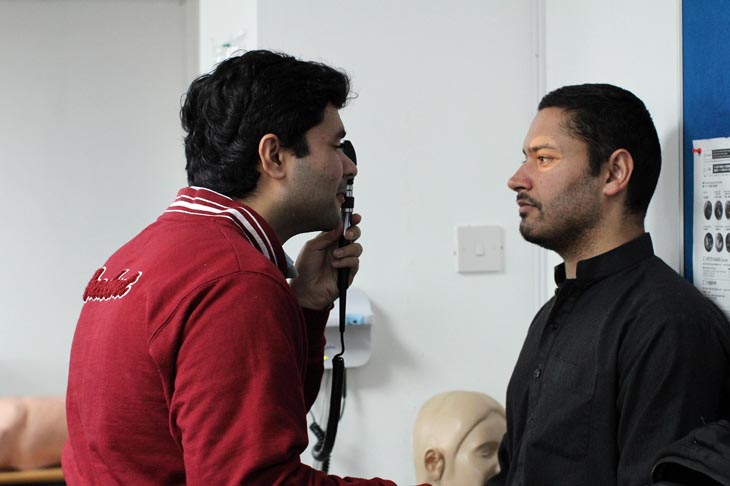
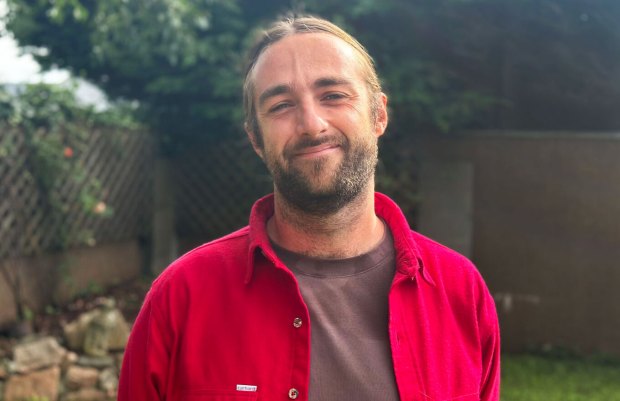
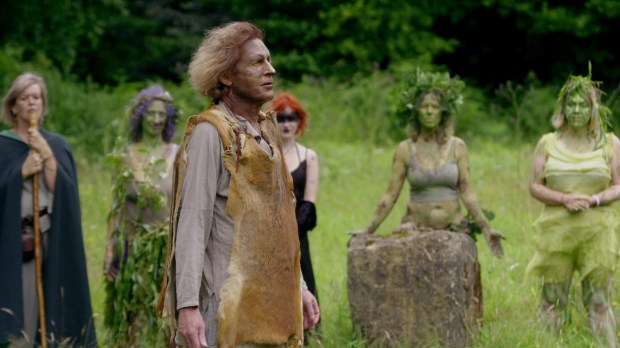
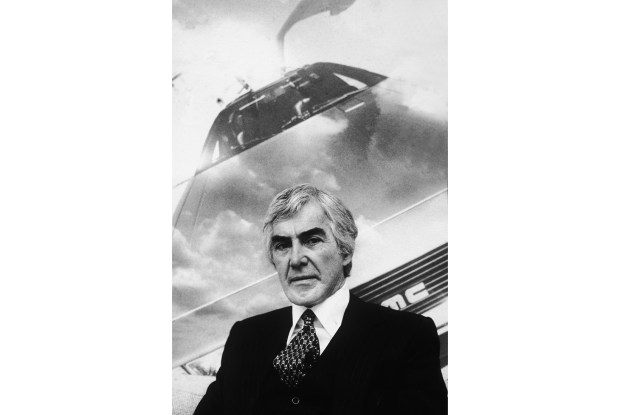
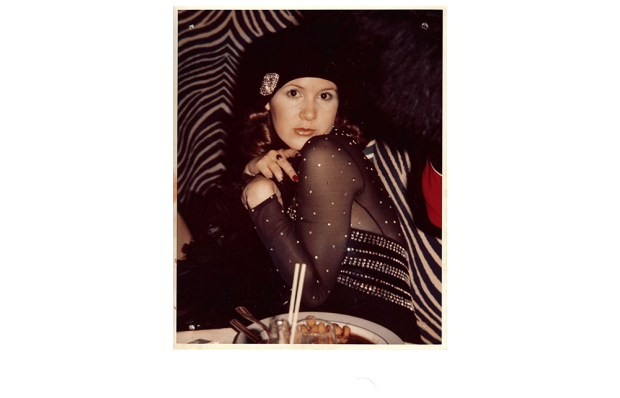








Comments
Don't miss out
Join the conversation with other Spectator Australia readers. Subscribe to leave a comment.
SUBSCRIBEAlready a subscriber? Log in